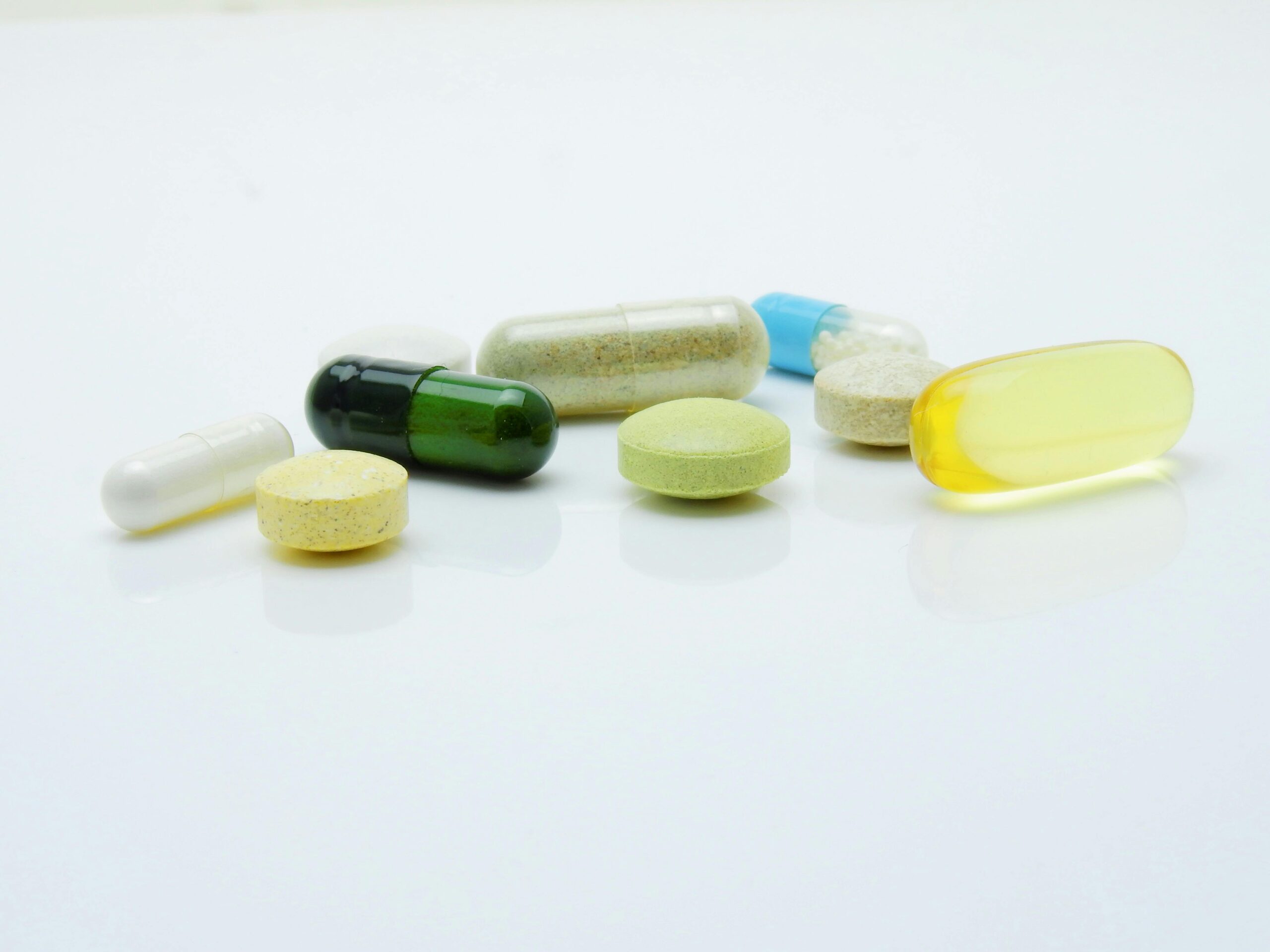- 4 Oct 2025

As cannabidiol (CBD) continues to grow in popularity, so does curiosity about combining it with other wellness supplements. Many people take CBD pills daily for stress relief, sleep improvement, or inflammation reduction—and they often want to pair it with vitamins, herbal remedies, or nootropics. But is it safe to combine CBD with other supplements? And are there combinations you should avoid?
This article breaks down what we know about CBD interactions, offers safe pairings, and flags potential risks, all backed by research.
CBD interacts with the endocannabinoid system (ECS)—a network of receptors that helps regulate sleep, mood, inflammation, and immune function. It’s also metabolized by liver enzymes (especially CYP450), which are responsible for breaking down many pharmaceuticals and natural supplements.
When combined with other substances that affect the same enzymes, CBD can increase or decrease their effectiveness. This interaction is why some pairings require caution.
According to Harvard Health Publishing, CBD is generally considered safe, but its interactions with other substances are still being studied in depth.
Let’s start with supplements that are typically safe to take alongside CBD pills, based on current knowledge.
Combining CBD with melatonin is popular for promoting sleep. CBD calms the mind, while melatonin helps regulate your sleep-wake cycle. This pairing is especially helpful for those with insomnia or irregular sleep patterns.
Magnesium is vital for nerve function and muscle relaxation. When combined with CBD, it may enhance its calming effects, making it ideal for managing stress or muscle cramps.
Both CBD and turmeric are known for their anti-inflammatory properties. Using them together may provide synergistic relief from conditions like arthritis or chronic pain.
This adaptogenic herb reduces stress and supports adrenal health. Together with CBD, ashwagandha may offer stronger support for anxiety and mood regulation. Learn more about CBD for anxiety.
While many combinations are safe, some can lead to undesired side effects or interactions due to overlapping functions or shared metabolic pathways.
This herb is commonly used for mild depression but also affects the CYP450 enzyme system, potentially reducing the effectiveness of CBD or causing unexpected effects.
Both valerian and CBD are sedatives. When taken together, they may cause excessive drowsiness, confusion, or slowed breathing in some individuals.
Used for brain health and memory, Ginkgo can thin the blood. Since CBD may also have blood-thinning effects, combining them could increase the risk of bleeding.
As a serotonin precursor, 5-HTP combined with CBD may lead to too much serotonin in the body, which can cause serotonin syndrome, a rare but serious condition.
If you’re planning to add CBD to your supplement routine—or vice versa—follow these guidelines:
When combining any new substances, especially those that affect mood or the nervous system, start with the lowest effective dose and monitor how your body responds.
Especially if you take prescription medications, consult a doctor before adding CBD or any supplement. A healthcare provider can check for interactions and recommend safe dosages.
Keep a supplement journal to note how you feel, any side effects, or benefits. This can help identify problematic combinations or helpful synergies.
Some supplements and CBD are fat-soluble and work best when taken with a meal. This also helps reduce potential digestive upset.
Combining CBD pills with other supplements can enhance your wellness routine when done safely. Supplements like melatonin, turmeric, and magnesium pair well with CBD, while others—like St. John’s Wort or valerian root—require more caution due to overlapping effects or metabolism.
As always, check with a healthcare provider and listen to your body. CBD has enormous potential, but like any supplement, it works best when used wisely and intentionally.